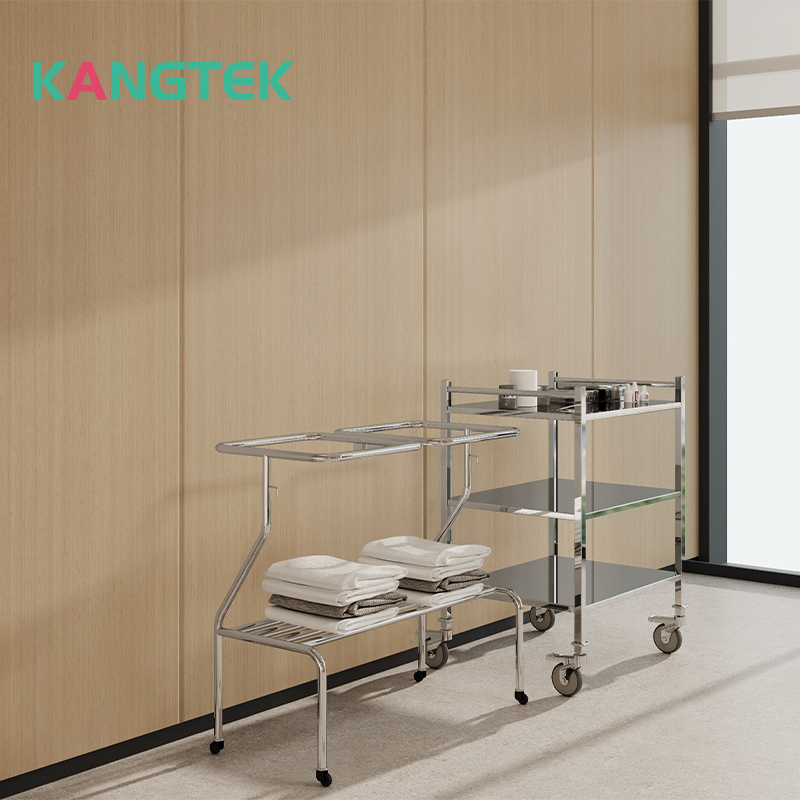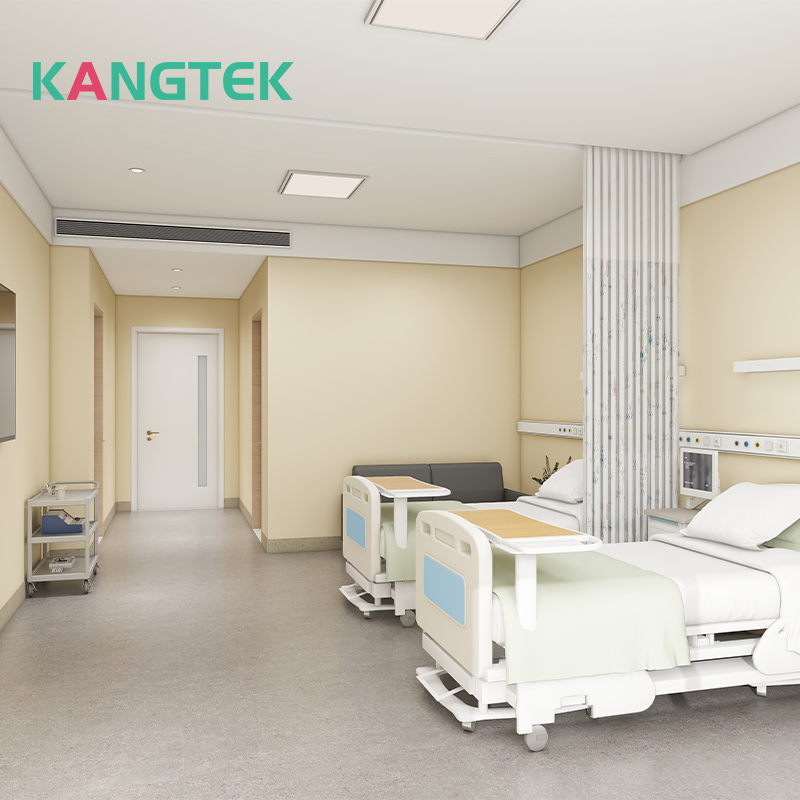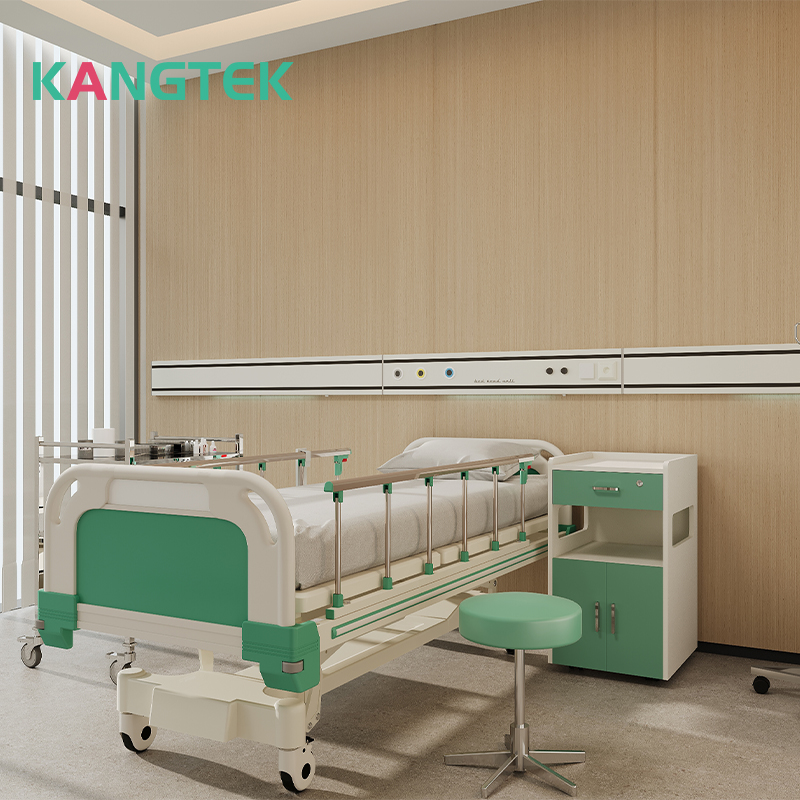The Cost and Time of Customized Medical Furniture
Customized medical furniture plays a vital role in enhancing patient care, staff efficiency, and overall satisfaction within healthcare facilities. However, understanding the associated costs and timeframes is essential for effective planning and decision-making. Here’s an exploration of the factors influencing the cost and time of customizing medical furniture:
1. Design Complexity: The complexity of the design significantly impacts both the cost and time required for customization. Intricate designs with unique features or specialized functionalities may involve higher material costs and longer production times due to the need for precise engineering and fabrication.
2. Materials and Quality Standards: The choice of materials and adherence to quality standards influence the cost of customized medical furniture. High-quality materials that meet regulatory requirements for durability, infection control, and safety often come at a premium price. Additionally, sourcing specialized materials may extend production timelines.

3. Customization Scope: The extent of customization required also affects cost and time considerations. Minor modifications to existing furniture designs may incur lower costs and shorter lead times compared to completely bespoke solutions that require extensive design iterations and prototyping.
4. Volume and Scale: The volume and scale of the customization project impact economies of scale and production efficiency. Larger orders may benefit from bulk discounts and streamlined manufacturing processes, resulting in lower costs per unit and faster turnaround times.
5. Collaboration and Communication: Effective collaboration and communication between stakeholders, including healthcare professionals, administrators, designers, and manufacturers, are essential for efficient customization. Clear communication of requirements, feedback, and revisions can help streamline the customization process and minimize delays.

6. Regulatory Compliance: Compliance with regulatory standards and certification requirements is non-negotiable in the healthcare sector. Ensuring that customized medical furniture meets applicable safety, performance, and sanitation standards may involve additional testing, documentation, and verification processes, which can impact both cost and time.
7. Prototype Development and Testing: Prototyping and testing are integral steps in the customization process to validate design concepts, functionality, and ergonomics. Developing prototypes and conducting rigorous testing may extend project timelines but is essential for ensuring the reliability and usability of the final product.
8. Installation and Training: Consideration should be given to installation requirements and staff training associated with customized medical furniture. Complex installations or specialized training programs may incur additional costs and time commitments, particularly for large-scale deployments across multiple healthcare facilities.

9. Project Management and Coordination: Effective project management and coordination are critical for keeping customization projects on schedule and within budget. Dedicated project managers who oversee timelines, budgets, resource allocation, and stakeholder communication can help mitigate delays and cost overruns.
10. Post-Implementation Support: Factoring in post-implementation support and maintenance is essential for the long-term sustainability of customized medical furniture. Service agreements, warranties, and ongoing support from manufacturers contribute to the total cost of ownership and should be considered during the customization process.
In conclusion, while customized medical furniture offers tailored solutions to meet the unique needs of healthcare environments, it is essential to consider the associated costs and timeframes comprehensively. By accounting for design complexity, materials, customization scope, volume, collaboration, regulatory compliance, prototyping, installation, project management, and post-implementation support, healthcare facilities can make informed decisions to optimize the value and effectiveness of customized medical furniture initiatives.

